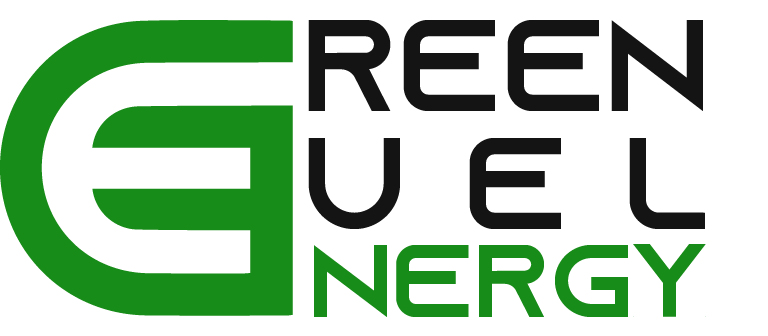1. Clean and Renewable Energy
The Environmental ChampionOne of the most significant benefits of solar energy is its inherent cleanliness. Solar power generation produces no greenhouse gas emissions, making it a crucial player in the fight against climate change. Unlike fossil fuels, which release harmful pollutants into the atmosphere, solar panels quietly convert sunlight into electricity without any adverse environmental effects. This renewable resource can be tapped indefinitely, ensuring a sustainable energy future.
2. Abundant and Free Source
Unlimited SunshineThe sun, our primary source of solar energy, is an abundant and essentially infinite resource. Each day, the Earth receives an astounding amount of solar radiation, equivalent to more energy than the world's population consumes in a year. This virtually limitless supply of energy not only guarantees long-term availability but also reduces our dependence on finite fossil fuels.
3. Reduced Electricity Bills
Savings in Your PocketInstalling solar panels on your property can significantly reduce your electricity bills. Solar energy systems allow homeowners and businesses to generate their electricity, effectively lowering their reliance on grid-supplied electricity. During sunny periods, excess energy can be stored in batteries or fed back into the grid, earning you credits or even monetary compensation. Over time, this can translate into substantial cost savings.
4. Government Incentives and Tax Benefits
Financial IncentivesGovernments around the world recognize the importance of solar energy in achieving sustainability goals. Consequently, they offer various incentives to encourage its adoption. These incentives can include tax credits, rebates, and feed-in tariffs, which can significantly reduce the upfront costs of installing a solar energy system. Taking advantage of these programs can make solar energy even more financially appealing.
5. Low Operating Costs
Minimal MaintenanceSolar energy systems require minimal maintenance. Once installed, they typically operate smoothly with occasional inspections and cleaning. Most reputable solar panels come with warranties, ensuring that any technical issues are promptly addressed. This low operational cost further enhances the financial benefits of solar energy.
6. Energy Independence
Freedom from Grid RelianceSolar energy empowers individuals and communities by providing energy independence. By generating your electricity, you become less reliant on external energy sources and less vulnerable to energy price fluctuations. This independence can be especially valuable during times of energy crises or grid failures.
7. Job Creation and Economic Growth
Powering the EconomyThe solar industry is a significant contributor to job creation and economic growth. As the demand for solar energy continues to rise, so does the need for skilled workers in manufacturing, installation, and maintenance. This translates into job opportunities and stimulates economic activity at local, regional, and national levels.
8. Grid Stability and Reliability
Enhancing Grid PerformanceSolar energy can enhance the stability and reliability of the electrical grid. Distributed solar installations can help reduce peak demand on the grid, lowering the risk of blackouts and brownouts during periods of high electricity consumption. Moreover, excess solar energy can be fed back into the grid, ensuring a continuous and reliable power supply.
9. Technological Advancements
Innovative SolutionsThe field of solar energy is continually evolving, leading to increased efficiency and versatility. Innovations like advanced solar panels, bifacial panels, solar roof tiles, energy storage solutions, and solar trackers are constantly improving the efficiency and reliability of solar energy systems. These advancements enhance the overall value proposition of solar energy.
10.Environmental Conservation
Preserving Natural ResourcesSolar energy systems contribute to environmental conservation by reducing the need for land-intensive fossil fuel extraction. Additionally, solar installations can be integrated with sustainable land use practices, such as dual land-use solar farms that support agriculture or biodiversity.
Conclusion
Solar energy is more than just a renewable energy source; it's a beacon of hope for a sustainable future. Its cleanliness, abundant nature, financial benefits, and contribution to environmental conservation make it a compelling choice for individuals, businesses, and governments alike. By harnessing the power of the sun, we can reduce our carbon footprint, lower electricity bills, create jobs, and strengthen energy security. As solar technology continues to advance, the horizon for solar energy shines brighter than ever, illuminating the path forward toward a cleaner, more sustainable world.



